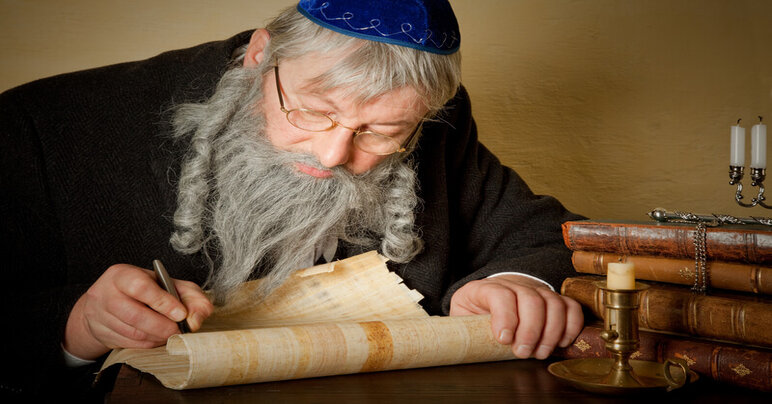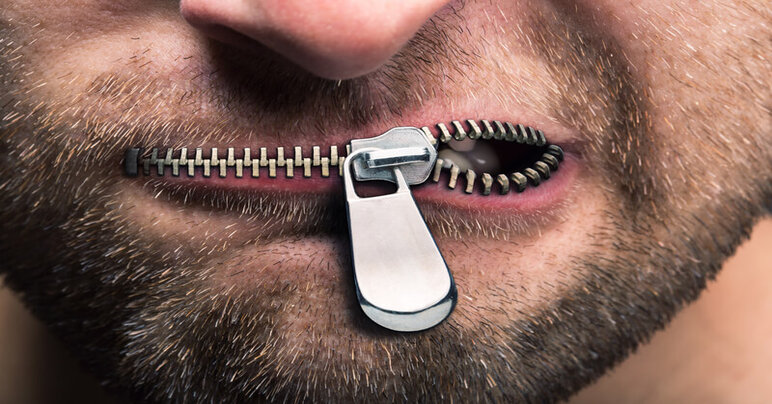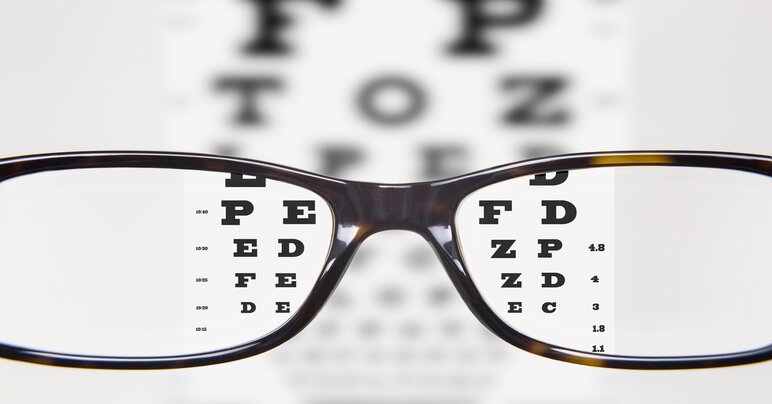Pirkei Avot: An Introduction

If you have a problem with your car, it would be foolish to go to the gardener to have it fixed. When it comes to aches and pains, we don’t get advice from our local barber.
Similarly, when we want to know how to correct our ways and move up in life spiritually and mentally, we need to go to the correct place to get the correct answers. The only place that we can receive satisfying answers to questions that come up every day pertaining self improvement as well as improvement in relationships with others would be the manufacturer of mankind also known as Hashem.
But what manual do we have as a resource for this vital information?
The answer is simple: the Torah.
The Torah can truly act as a real blueprint for each and every person who turns to it in order to construct their lives in the proper way.
In a most amazing Masechet (book) called Pirkei Avot (the ethics of our fathers), the anthology of ethical teachings, transmitted to us by our greatest teachers, gives us the answers to the most important questions in character and relationship-building in our lives. All the collected statements and incredible advice in there have come from the wisdom and depths of the Torah.
Pirkei Avot is such an important and vital book because it goes to the core of a person’s character traits and how to deal with them.
The book goes through hundreds of statements and sound advice on how to deal in life’s situations whether with ourselves, friends, family or mentors. Just about everyone we can think of is mentioned in this book.
Below is a very small list of some examples of what Pirkei Avot covers:
- What is the healthiest trait a person can have or attain in life?
- Who is called a wise person?
- What is one of the most desirable and important traits to look for in a Woman?
- What is the most detrimental and destructive trait a person can have especially in marriage?
- What are the three traits that show a person’s true colors?
- What is happiness and how can it be attained?
- What is the most powerful and helpful trait to have in marriage?
- Who has peace of mind and how?
- What happens to a person who embarrasses another in public and what is it compared to?
- What are some of the 48 ways that the Torah a person learns is acquired?
- What is the most desired trait in the eyes of Hashem?
These are just a few examples of the questions that sometimes nudge or should nudge our minds a bit.
But more importantly we should all try to have the answers for our own selves. Because how we answer them even to ourselves is, to a large extent, just who we are.
Rabbi Shaul Cohen is currently the assistant Rabbi at Congregation Magen Abraham in Brooklyn, NY.











